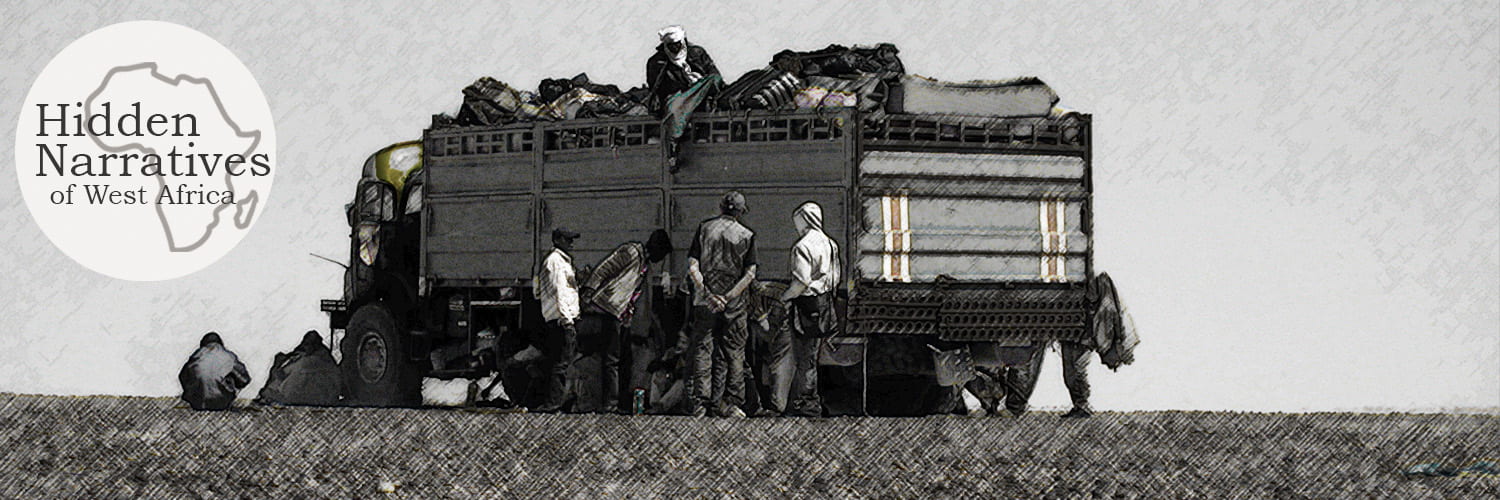Over the last fifteen years, West Africa’s role in illicit flows, i.e. the illicit trade in goods and people, and their control has become a central concern for international and domestic policy makers, with attention coalescing around threats such as drug trafficking and irregular migration. Despite this growing policy interest, illicit flows and related transnational organised crime (TNOC) in the region have not yet been systematically studied.
Our project asks whether crime of a transnational and organised form exists in West Africa and investigates the understandings of it held by people acting on different sides of the law. The project assumes that the ways criminal and state actors speak about and understand their roles, i.e. their ‘narratives’, provides a helpful entry point into a better understanding of the everyday reality of participating in and seeking to counter criminal activities.
The project is built on the observation that much of our understanding of TNOC in West Africa is based on official reports, statistics and other largely detached assessments. Using the cases of the Tramadol trade and irregular migration in two of West Africa’s major trade and control hubs (Lagos, Nigeria and Agadez, Niger), the project seeks to uncover the ‘hidden narratives’ of TNOC. These narratives will help to better understand what these illicit activities mean in West Africa, what has caused their emergence and what could potentially help to address them as a policy issue. The project asks three overarching research questions:
- Is there such a thing as TNOC in West Africa?
- What are the local narratives on TNOC and related visions of ‘il/licitness’ and legitimacy?
- how useful are our conceptual tools for understanding TNOC in this regional context?
Find out more about the researchers and publications



